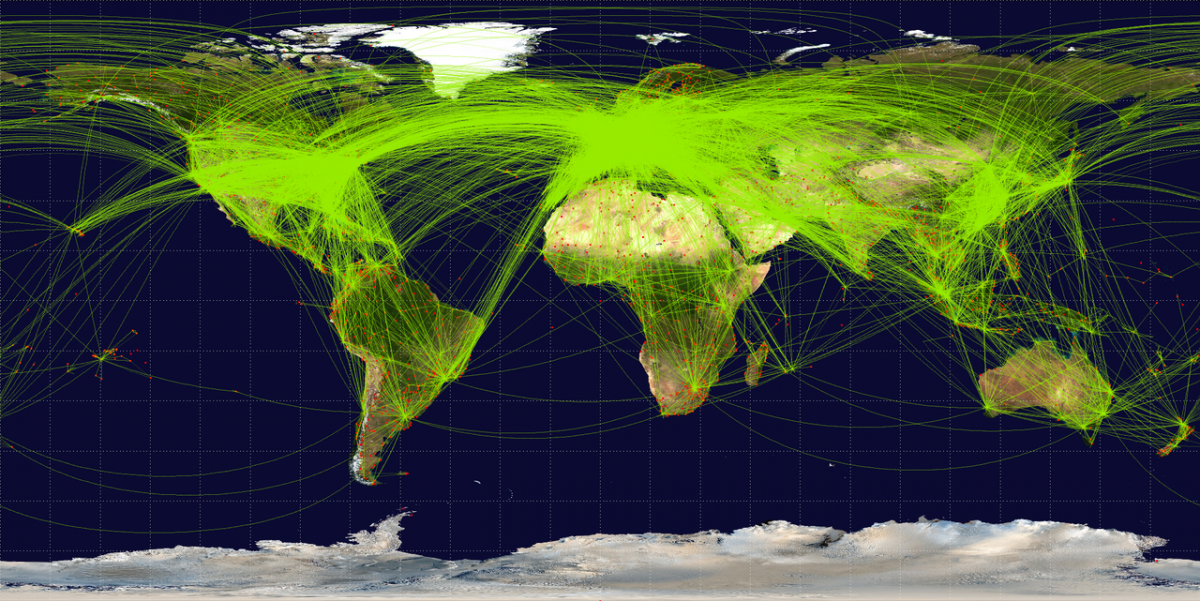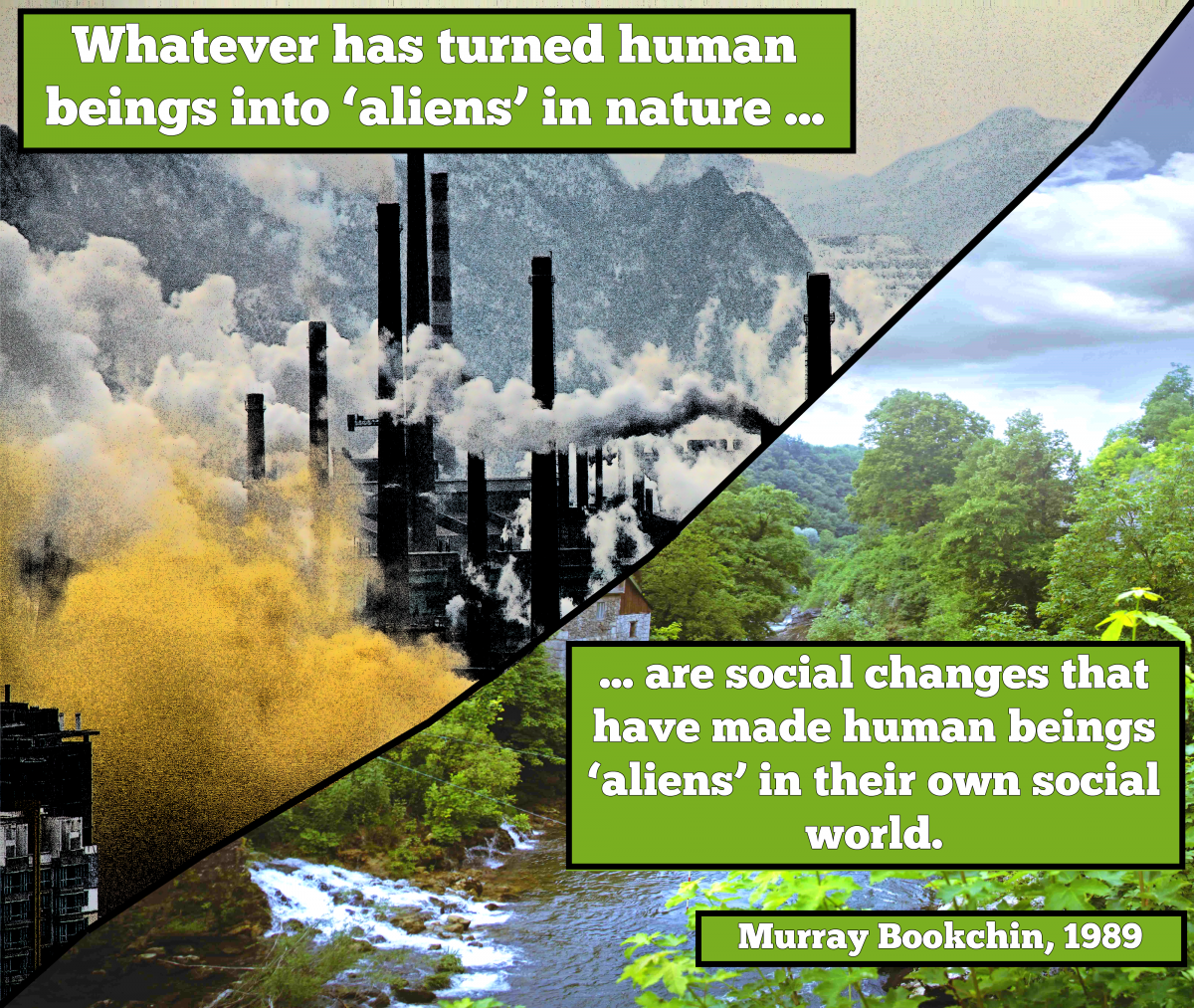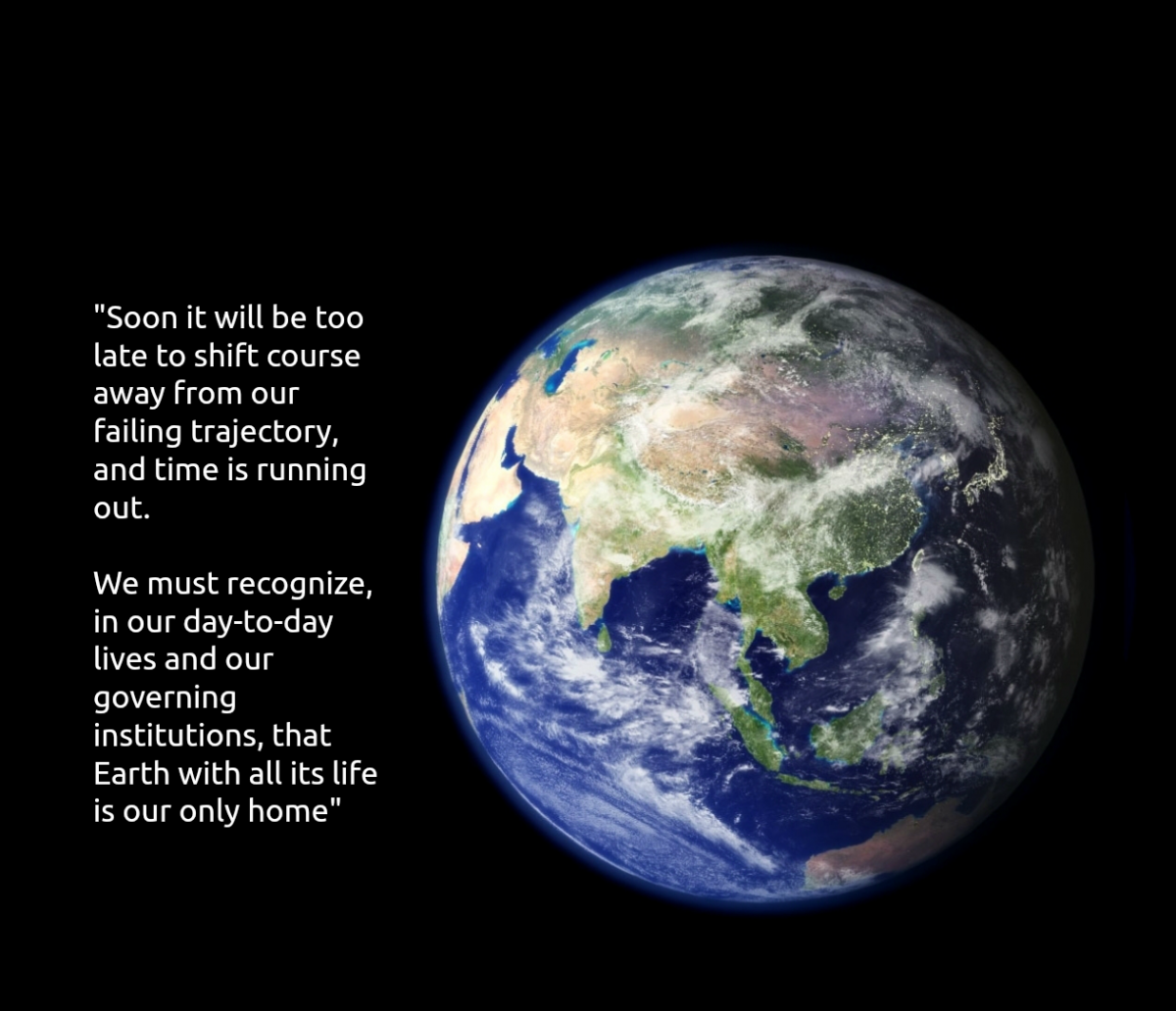Over 30 years of anarchist writing from Ireland listed under hundreds of topics
International
Fascism
Position paper on Fascism as collectively agreed by the February 2018 National Conference. This paper sits under 'The Role of the Anarchist Organisation' and above 'No Platform for Fascists'.
Fascism
a Workers Solidarity Movement position paper
What is the Purpose of this Position Paper?
It is important to have a firm understanding of what fascism is beyond vague generalities about racism and authoritarianism so that we may correctly spot it and be effective in preventing its success, especially given that fascist organising requires an emergency response.
Climate Change, Peak Oil, and Globalisation - 3 Interlinked Problems
There are problems which are related but not very often discussed together. These are 1) climate change and pollution, 2) peak oil, and 3) globalisation - very large and complex problems which though not insurmountable require serious consideration.

What the author writes here is simplifying reality as the main purpose is to provoke thought in the reader and encourage further research.
Turkey invades Afrin in another attempt to snuff out Rojava revolution
The Turkish invasion of revolutionary Rojava has now entered its 17th day. NATO’s 2nd largest army has failed to achieve any significant breakthrough against the defenders of Afrin despite deploying some of the most advanced tanks, helicopters, artillery and jet bombers. On our graphic the small map at top centre shows Turkey in orange, the tiny blue area under Turkey is the canton of Afrin, the target of this invasion and one of the 3 original cantons of the Rojava revolution. These cantons are where the experiment in direct democracy, gender equality, and sustainability began in 2012 in the most impossible conditions of the Syrian civil war and the ISIS invasion of two of the cantons.
Union Struggle: How the Minions Fought and Won Against GRU
In 2015, 2 years after graduating from an animation school in Paris, I found myself participating for the first time in a struggle as a unionised worker. At the time my interest in the anarchist critique of our current institutions was increasing, but having no first hand experience of class struggle, I couldn’t relate to what anarchism had to say about unions. By telling the story of this fight, I hope to show how much can be learnt from a single campaign and why action is the best way to assimilate theory and perfect it. I also hope that the specifics of this story will be a useful addition to the wealth of past experiences anarchists can learn from.
PESCO and The Militarisation of the EU
The idea that the European Union is an undemocratic entity has become unremarkable, yet its latest authoritarian move shouldn’t be overlooked since the negative consequences will be felt both in Europe and abroad.
On the 11th of December 2017 the European council decided to establish a European military command structure under the acronym of PESCO (Permanent Structured Cooperation). This happened only a month after EU member states issued a statement about their intention to participate in this European defence cooperation. The speed of the process and the signing up of countries with neutrality policies such as Ireland, Sweden, and Austria raises a red flag. In Ireland, the decision to be part of PESCO happened after a rushed debate and was in direct violation of Ireland’s neutrality stance. On top of this, one interpretation of the 6th article of the Irish constitution implies that any delegation of power to the EU should be put to a referendum.
So why has PESCO suddenly become a priority? What is the geopolitical meaning of this move and what exactly does PESCO entail?
Thinking About Anarchism: Hierarchy - What it is and isn't
Wondering why your vote doesn’t seem to make a difference, why your wages seem to barely cover your costs, or why you feel like a second-class citizen? Then, you’re thinking about hierarchy.
 Anarchists treat ‘hierarchy’ as the central issue in society, as the unifying theme in most of the problems we face. Then, the aim is to get rid of hierarchy and replace it with something better. But what is hierarchy? It’s not something which is talked about in mainstream political discourse, and even anarchists themselves can sometimes misunderstand it.
Anarchists treat ‘hierarchy’ as the central issue in society, as the unifying theme in most of the problems we face. Then, the aim is to get rid of hierarchy and replace it with something better. But what is hierarchy? It’s not something which is talked about in mainstream political discourse, and even anarchists themselves can sometimes misunderstand it.
Climate Change Denial Myths: The Truth
Climate change is a hoax! Or so some say. There is much debate over whether anthropogenic climate change is real. Many assertions have been made from a variety of sources which claim that humans cannot affect the climate. However, this debate is one for the cameras, because almost all working climate scientists agree that these claims are inaccurate and that humans are almost certainly responsible for the changing weather patterns we have been witnessing in recent years.
A recent article gave a basic overview of climate change. This article will explore some of the most common assertions made by anthropogenic climate-change deniers and then contrast these claims with the findings of climate scientists. I will then briefly look at some cases of how climate scientists have been slandered in order to try to discredit their findings, and finally some of the potential motivations behind these slanders will be examined. Any curious readers are invited to please click on the links below if they wish to familiarise themselves with the sources and some of the specific scientific studies relevant to this article's content.
Humanity and Nature under Capitalism
 Welcome to the era of human-caused climate change. [1] This economic and political system will kill us all – that is, if we don’t do something drastic quite soon. If not, there will be no future for human beings or other species. The world, as we know it, may soon become a mirage, a beautiful dream. We are reaching the end of the road, after driving the wrong way for over 200 years. What awaits us? The answer is obvious: destruction, suffering and death.
Welcome to the era of human-caused climate change. [1] This economic and political system will kill us all – that is, if we don’t do something drastic quite soon. If not, there will be no future for human beings or other species. The world, as we know it, may soon become a mirage, a beautiful dream. We are reaching the end of the road, after driving the wrong way for over 200 years. What awaits us? The answer is obvious: destruction, suffering and death.
But is this inevitable? Is the human being biologically destined to destroy the natural world they so keenly depend on? Mercifully the answer is likely ‘no’, this destruction is most clearly understood as the result of very particular institutions and social norms, a situation we can change if we have the will to do so. A task which, while certainly not easy, is the most palatable outcome at this late stage.
Dream act rally in Dublin demands Peter King supports Deferred Action for Childhood Arrivals
Young, Paperless and Powerful, a creative youth project for undocumented young people in Ireland held a solidarity rally last night with undocumented young people in the USA. The rally took place at the famine memorial on the banks of the Liffey in Dublin. YPP said in advance of the rally that in the US "young people are in the fight of their lives to defend DACA". [ Video ]
'Earth is Our Only Home': 15,000 Scientists Urge Action on Climate Change
As the COP23 UN climate talks continue in Bonn, Germany, 15,000 scientists  from 184 countries have signed ‘World Scientists’ Warning to Humanity: A Second Notice’, a journal article cum open letter urging immediate action on climate change ‘to prevent widespread misery and catastrophic biodiversity loss’. [1]
from 184 countries have signed ‘World Scientists’ Warning to Humanity: A Second Notice’, a journal article cum open letter urging immediate action on climate change ‘to prevent widespread misery and catastrophic biodiversity loss’. [1]
I have sometimes wondered what it would be like if we failed to stop climate change, imagining that on one sombre and momentous day the people of the world would listen to a definitive scientific announcement: ‘Fellow humans, it is my deepest regret to say that we have simply passed the point of no return.' Our heads would droop in disappointment, craving one more try at the past.
In reality, life and history are not so simple. This statement is not such an announcement of definitive failure. But we might very well read it as such if we choose to ignore the undeniable any longer. And as such, we would do well to wake up from the stupor of our routines, take stock of what truly matters, and commit to doing our part in this great battle. After all, it is a battle for survival, and at present it is as if we are allowing our rulers to march an invading army right under our noses. We can ignore reality, but it is impossible for reality to ignore us.

